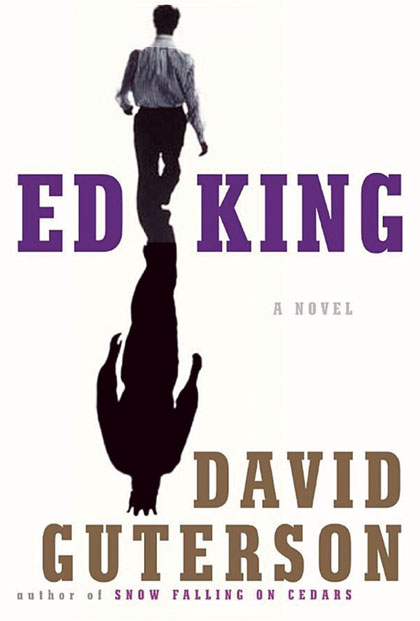Book Review: Ed King
David Guterson’s Epic Launches Into Icarus And Incest


Latest Article|September 3, 2020|Free
::Making Grown Men Cry Since 1992




